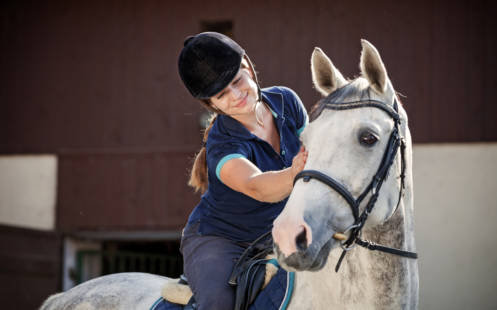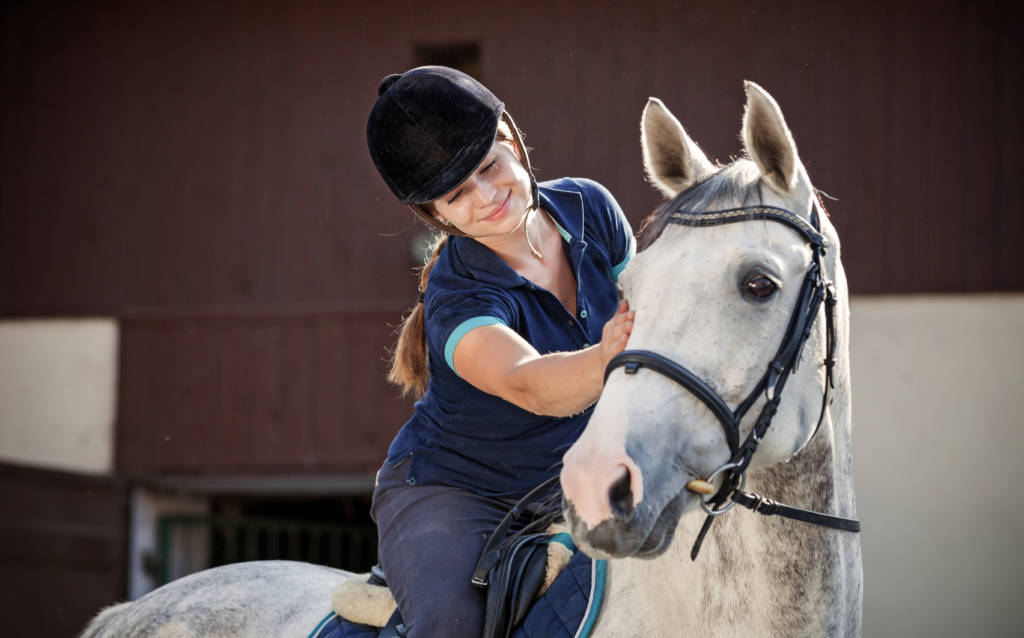Thursday 16th August, 2018


Horse ownership is a dream come true for horse lovers, and if you are about to buy your very first horse then allow us to be the first to congratulate you! Buying a horse is one thing, however, but caring for one is a totally different matter altogether. We have compiled a list of the top five things you need to consider when buying a horse for yourself or for a loved one.
As tempting as it is to scan the bargain pages in your local newspaper, buying a horse needs to be a far more thorough process. Do your research, taking in to account your own level of skill and knowledge as well as that of the horse. A novice rider would suit a steady school master rather than a hot-headed warmblood. You will need to both meet and ride the horse to get a feel for his character, as it is vital that you match each other in terms of temperament and talent.
Found the perfect horse? Now it’s time to get the professionals in. Your riding instructor is the best person to accurately assess the match with regards to your riding ability. Your Veterinarian will be able to assess your horse’s health. A five-stage vetting is well worth the investment to reveal any potential illness or injury that wouldn’t be seen on first viewing.
When choosing accommodation for your horse you need to consider your horses needs. You may choose to rent a paddock with a field shelter or a livery stable with grazing. At livery stables you usually have the choice to have your horse is in full livery (cared for by the yard manager), Part Livery. (care provided jointly between owner and yard manager) or DIY (solely cared for by the owner). If horse ownership is going to be a lifelong thing, maybe it is time to consider building your own bespoke stables
So, you’ve found the horse, and the location, but what about the day to day care? The British Horse Society offers horsemanship training do help you brush up on your skills (or learn new ones!) You could also contact your local livery yard to ask if you can shadow their stable hands.
Horse ownership can be a costly affair, so make sure that can afford to care for a horse. Take in to account the regular outgoings such as feed, bedding, farriery, vaccinations and worming. It is important to try and have a buffer available should any unexpected costs arise.